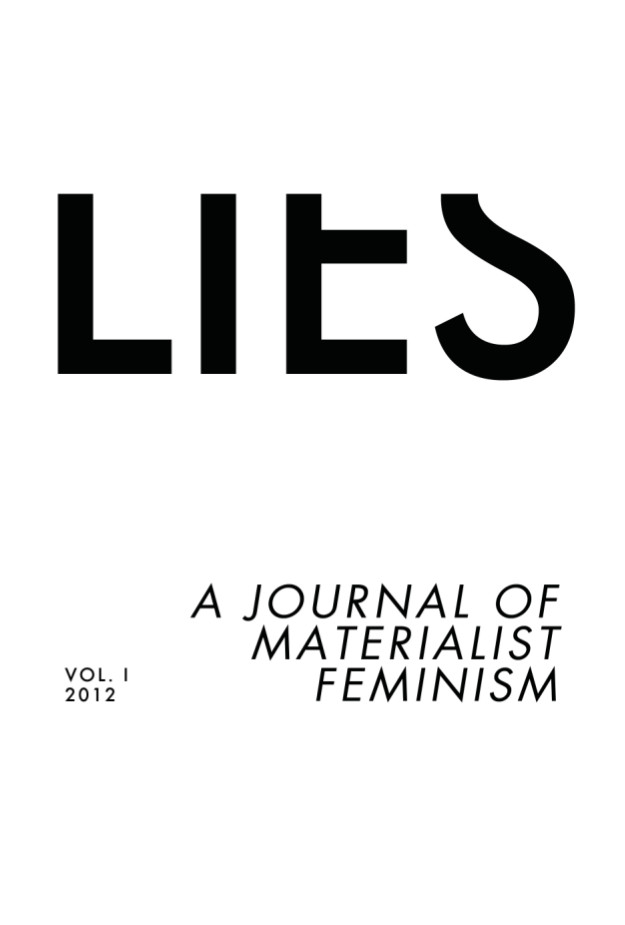Ian Buchanan (ed.): Jameson on Jameson: Conversations on Cultural Marxism (2007)
Filed under book | Tags: · architecture, art, capitalism, cinema, cognition, ideology, literary theory, literature, marxism, modernism, philosophy, politics, postmodern, postmodernism, poststructuralism, psychoanalysis, urbanism, utopia

Fredric Jameson is one of the most influential literary and cultural critics writing today. He is a theoretical innovator whose ideas about the intersections of politics and culture have reshaped the critical landscape across the humanities and social sciences. Bringing together ten interviews conducted between 1982 and 2005, Jameson on Jameson is a compellingly candid introduction to his thought for those new to it, and a rich source of illumination and clarification for those seeking deeper understanding. Jameson discusses his intellectual and political preoccupations, most prominently his commitment to Marxism as a way of critiquing capitalism and the culture it has engendered. He explains many of his key concepts, including postmodernism, the dialectic, metacommentary, the political unconscious, the utopian, cognitive mapping, and spatialization.
Jameson on Jameson displays Jameson’s extraordinary grasp of contemporary culture—architecture, art, cinema, literature, philosophy, politics, psychoanalysis, and urban geography—as well as the challenge that the geographic reach of his thinking poses to the Eurocentricity of the West. Conducted by accomplished scholars from United States, Egypt, Korea, China, Sweden, and England, the interviews elicit Jameson’s reflections on the broad international significance of his ideas and their applicability and implications in different cultural and political contexts, including the present phase of globalization.
The volume includes an introduction by Jameson and a comprehensive bibliography of his publications in all languages.
Interviewers: Mona Abousenna, Abbas Al-Tonsi, Srinivas Aravamudan, Jonathan Culler, Sara Danius, Leonard Green, Sabry Hafez, Stuart Hall, Stefan Jonsson, Ranjana Khanna, Richard Klein, Horacio Machin, Paik Nak-chung, Michael Speaks, Anders Stephanson, Xudong Zhang
Publisher Duke University Press, 2007
Post-Contemporary Interventions series
ISBN 0822340879, 9780822340874
296 pages
Sharon Zukin: Beyond Marx and Tito: Theory and Practice in Yugoslav Socialism (1975)
Filed under book | Tags: · marxism, politics, socialism, theory, yugoslavia

In this study Dr Zukin combines the approaches of a political scientist and a sociologist to examine the distance between theory and practice in the lives of ordinary Yugoslavs living under socialist self-management. Going beyond previous work on socialist societies, she asks how Yugoslavs – as workers, as citizens and as a society – have benefited from the form of socialism that they have pioneered. She also considers the relevance of the official ideology of self-management, institutions like workers’ councils and communes, and political and economic controls to post-industrial as well as industrializing societies. The book includes long passages from intensive, in-depth interviews with members of ten Belgrade families. The families, which are described in terms of their place in the Yugoslav social structure, indicate their political and socialist ideology through telling their life stories, interpreting their own place in social changes, and reacting to these changes and pressures. Participant-observation of local voters meetings provides an examination of give-and-take in Yugoslav grass-roots politics.
Publisher Cambridge University Press, 1975
ISBN 0521206308, 9780521206303
302 pages
Lies: A Journal of Materialist Feminism, No. 1 (2012)
Filed under journal | Tags: · communism, feminism, marxism, materialism, politics, queer theory, sex, theory, women

“LIES is a new journal spearheaded by a feminist collective based in Oakland, Baltimore, Los Angeles and New York City.
LIES is a communist journal against communists.
LIES is a platform for certain conversations and critiques that are difficult, impossible or dangerous if cis men are in the room.
LIES attacks the legacy of racism and transphobia that has plagued feminist organizing and strives to develop new ways of making autonomous feminist practices today that take pointed and militant attacks on white supremacy and transphobia as essential parts of feminist struggle.
LIES came out of our experience within struggles. It seeks to embody and develop in print the practice of autonomy that we needed to save ourselves in the midst of movements squared on patriarchy and fueled by the subordination of everyone but white cis men.
LIES draws its purpose and support from networks and circles of feminist, queer, and trans people, our friends and comrades to whom this journal is devoted.”
Creative Commons Attribution-Noncommercial License
250 pages

